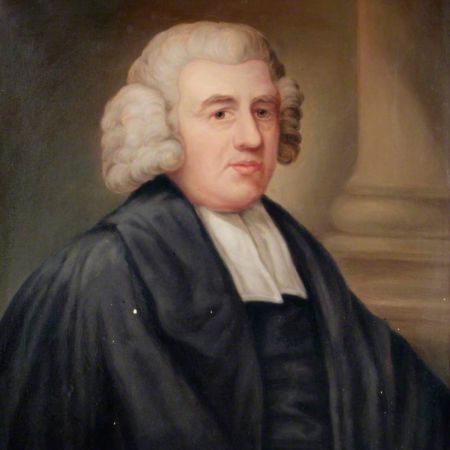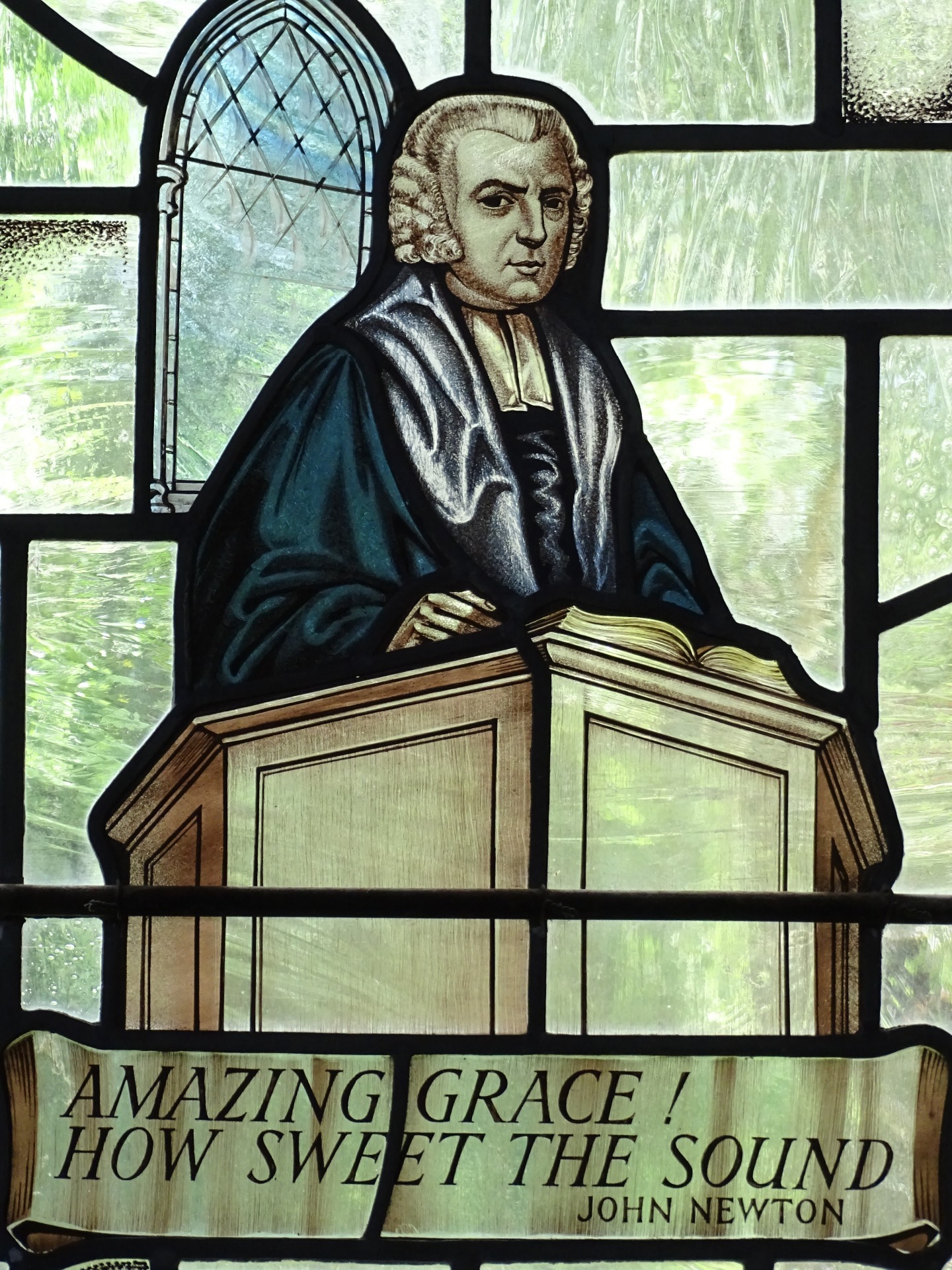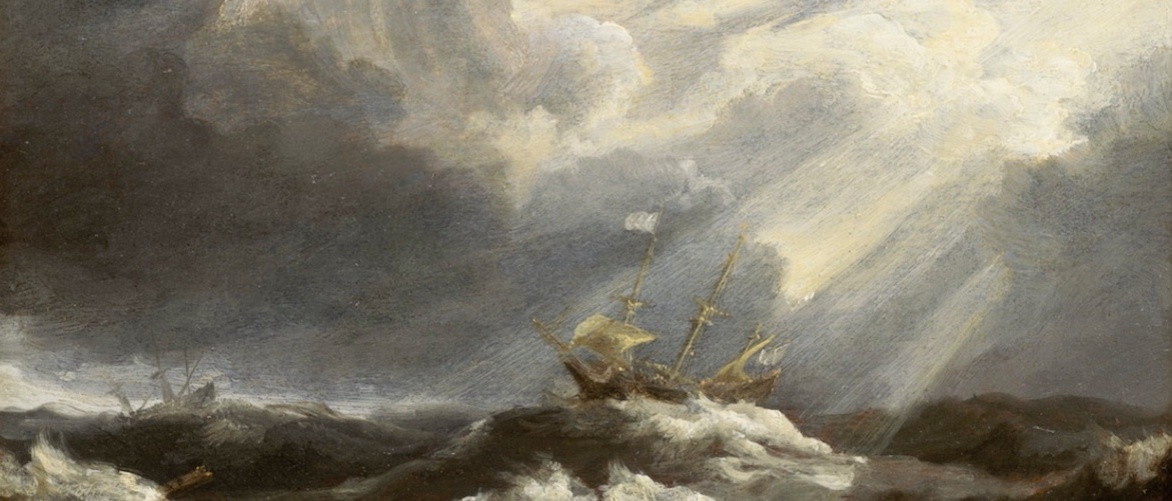John Newton: Amazing Grace
Posted on 9th June 2021
Written as the prelude to a sermon he delivered from the pulpit of his Church on 1 January 1773 and first published six years later, John Newton’s Amazing Grace is arguably the most instantly recognisable and popular hymn in the English language.
Since put to music its resounding beauty and message of faith re-born has provided hope to millions in need of succour. In its redemptive glory lies the good in a world of much evil; and for the man who composed it that redemption was personal and complete for not only had he witnessed it he had both participated in and experienced it.
John Henry Newton was born in Wapping, London, on 24 July 1725, the son of a Master Mariner who was by the age of eleven was already working on his father’s ship.
It was intended that he should become an Overseer on the Sugar Plantations of the West Indies, but the sea had got into his blood and he was to continue to serve on a number of merchant ships until in 1743 whilst on shore leave in Rotherhithe he was forcibly taken and press-ganged into service with the Royal Navy.
He did not take kindly to enforced life in the service of His Majesty and the disgruntled Newton soon earned a reputation for coarse language, hard drinking and insubordination which was to lead to him being severely punished on a number of occasions including the humiliation of being stripped to the waist and flogged in front of the entire crew.
Such brutal treatment did little to improve his behaviour, but it did make him resentful and it was in Harwich that he requested to be transferred to the slave ship Pegasus moored nearby, a request which glad to be rid of him was duly granted.

He was to be no less recalcitrant on the Pegasus than he had before and was to prove such a troublesome character that a bizarre set of circumstances saw his new crewmates abandon him to the care of a slave owning African Princess where much like her other slaves he was to be treated appallingly. Not that his personal experience of servitude caused him to re-assess his own attitude towards slavery sharing as he did the common held belief in the inferiority of the coloured races.
He was rescued in 1748 by the slave ship Greyhound which on 10 March encountered a violent storm just off the coast of Ireland in which he almost lost his life. His near-death experience was to witness in him a Damascean Conversion to Evangelical Christianity even if it was not an immediate and complete one.
He was to give up alcohol and gambling but continued to serve on slave ships until in 1755 a serious illness forced him to retire from the sea, but even now whilst working as a tax collector in Liverpool he continued to invest his savings in the slave trade.

His religious conversion saw him become a popular lay preacher and in 1757 he applied to be ordained into the Church of England, but such was his reputation as a vulgar and violent tempered man that his application was declined. In 1764 he was persuaded to try again but even now it was only through the intervention of a well-connected friend that saw him ordained into Holy Orders. The same year of his ordination he became Curate in the village of Olney in Buckinghamshire.
He was to prove a hardworking and popular priest able to emphasise with the poor having shared many of their hardships and speak their language.
Despite having written Amazing Grace, which was to become a signature hymn of the abolitionist movement particularly in America it wasn’t until 1788 that under pressure from his friend William Wilberforce that he at last broke his silence on the issue of slavery.
In support of Wilberforce’s campaign to abolish the slave trade (though not slavery itself) he composed a strongly worded pamphlet in which he described in detail the horrors endured by slaves on the long trans-Atlantic voyage and the harsh treatment meted out to them on arrival.
As a man who had made his fortune from the slave trade and had not just witnessed it but been an active protagonist in its torments his condemnation of it carried extra weight. Wilberforce was to make sure that a copy of his pamphlet was distributed to every Member of Parliament both in the House of Commons and the House of Lords.
Newton was immediately accused of hypocrisy by those who opposed abolition, but it was an accusation that he’d already had the foresight to address in the pamphlet. It was he said a confession which comes too late: “It will always be a subject of humiliating reflection to me that I was once an active instrument in a business at which my heart now shudders”.
Newton’s intervention was to prove of great benefit to William Wilberforce but the campaign to abolish the slave trade was to last for many years and it wasn’t until 1807 that the Slave Act abolishing it within the territories under the jurisdiction of the British Empire was finally passed. But it was a law passed with sincerity and one that was rigorously enforced.
John Newton lived just long enough to see the slave trade abolished dying on 21 December 1807, aged 83. His legacy as a man who had seen the light is perhaps the greatest and most enduring hymn to the joy of redemption and salvation.
In 1835 the American lay-Baptist preacher William Walker put the words of Amazing Grace to the tune of New Britain the origins of which remain obscure, and it is in this form that we know and recognise it today.

Amazing Grace
Amazing Grace, how sweet the sound
That saved a wretch like me.
I once was lost but now I’m found,
Was blind, but now I see.
T’was Grace that taught my heart to fear.
And Grace, my fears relieved.
How precious did that Grace appear
The hour I first believed.
Through many dangers, toils and snares
I have already come;
‘Tis Grace that brought me safe thus far
And Grace will lead me home.
The Lord has promised good to me.
His word my hope secures.
He will my shield and portion be’
As long as life endures.
Yea, when this flesh and heart shall fail,
And mortal life shall cease,
I shall possess within the veil,
A life of joy and peace.
Yes, when this flesh and heart shall fail,
And mortal life shall cease;
I shall profess within the veil,
A life of joy and peace.
Tagged as: Georgian
Share this post:





